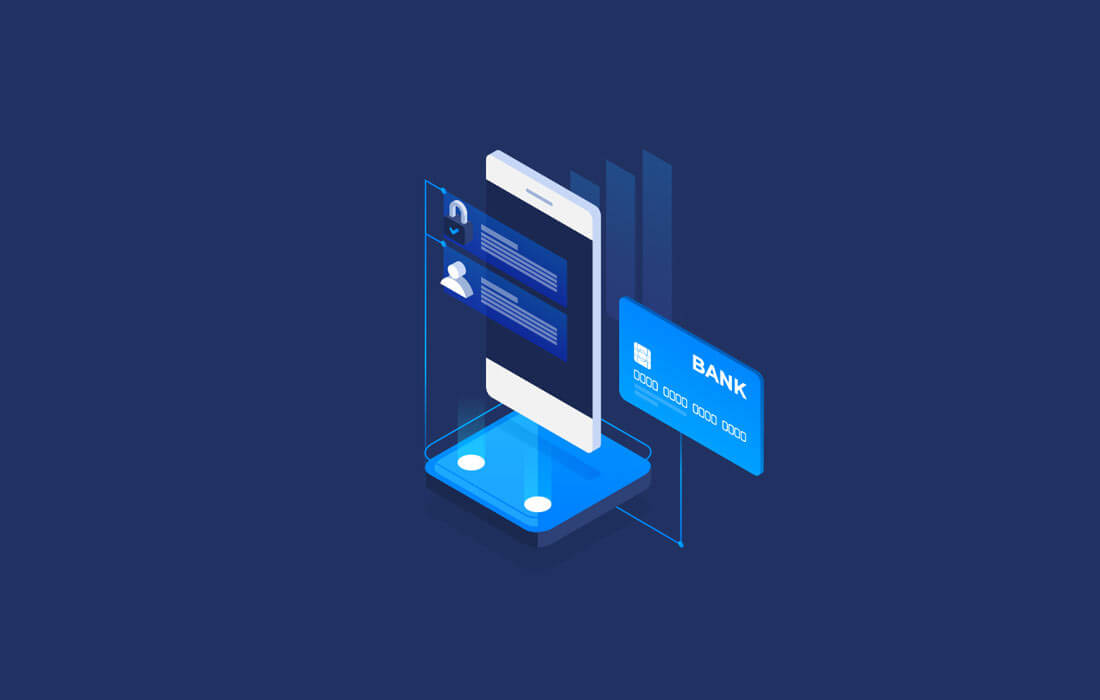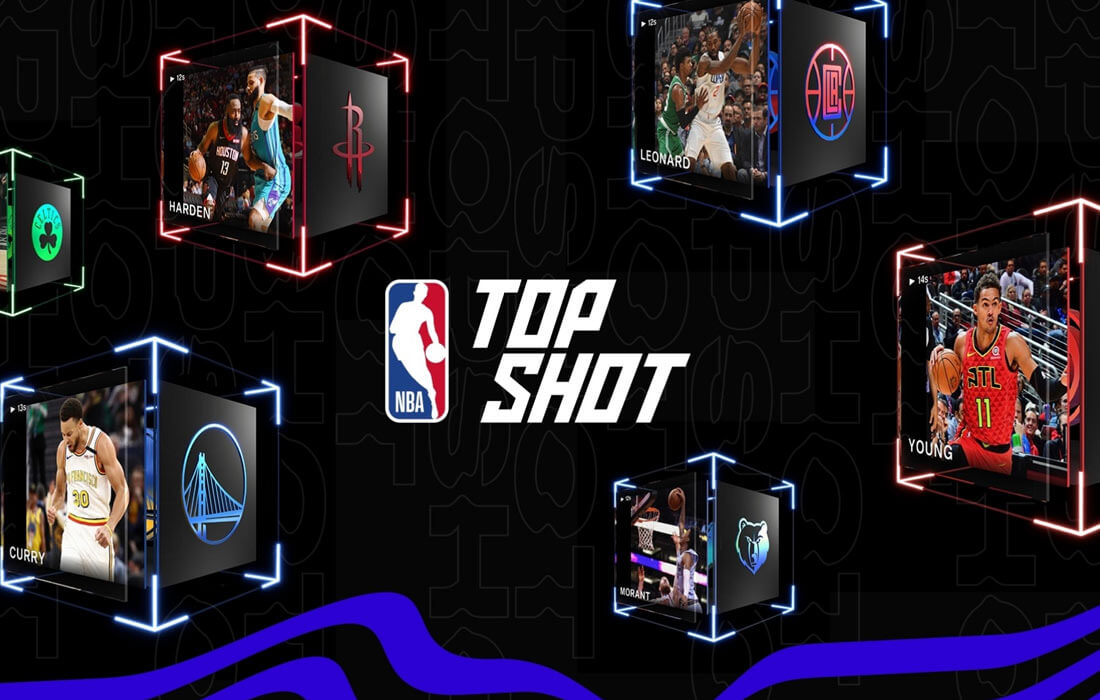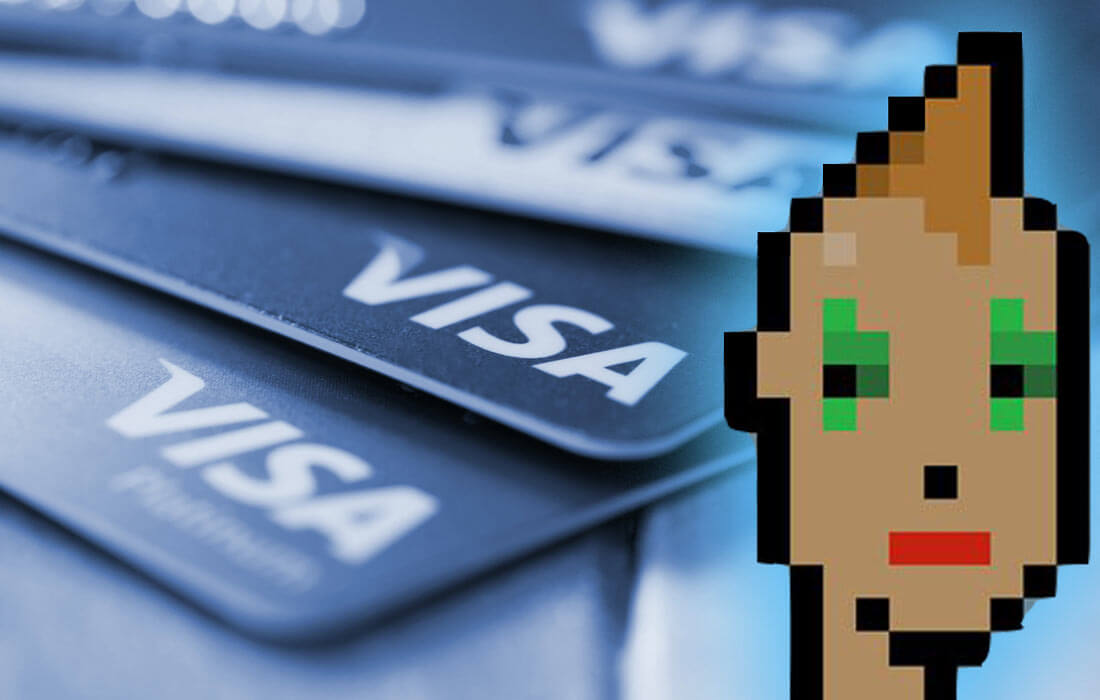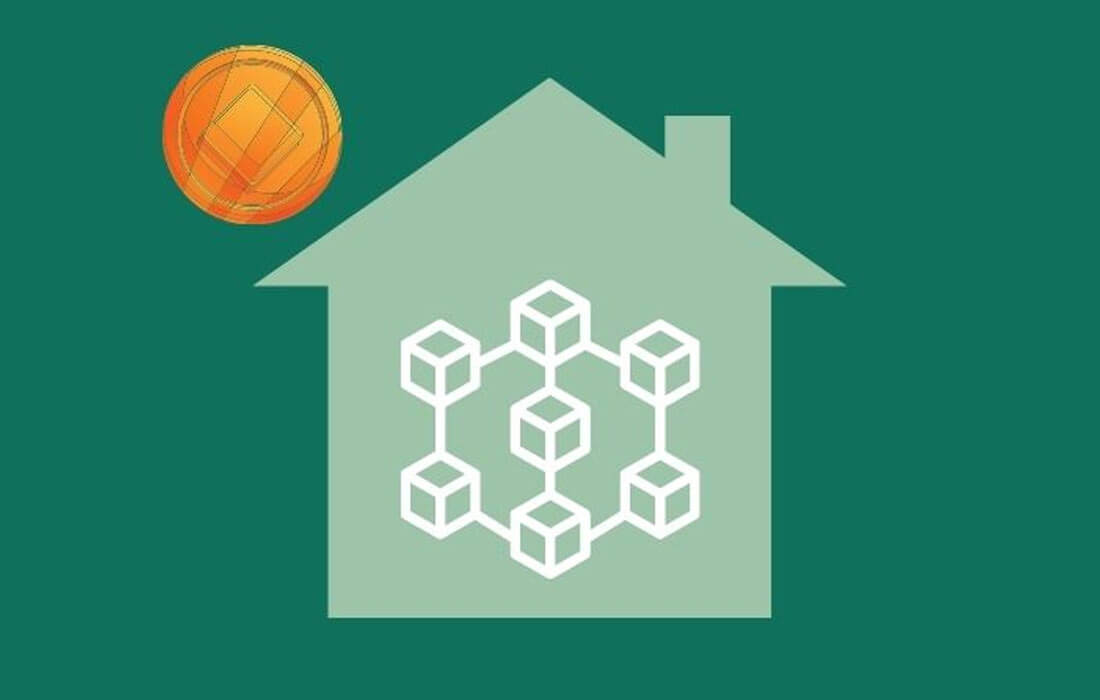The development of technology blockchain has opened up a world of possibilities for asset tokenization. Tokenization is the process of creating digital tokens that represent ownership of real-world assets, such as artwork, collectibles, and even real estate. Smart contracts are essential to this process, as they provide automated processes and immutable data storage on the blockchain.
In this article we will explore how smart contracts can be used in asset tokenization and why it is becoming an increasingly popular option for investors looking to diversify their portfolios. Continue reading!
What does asset tokenization consist of?
Asset tokenization consists of representing a right on the blockchain through tokens that are linked to a specific wallet. Asset tokenization can be a very useful tool in the world of Blockchain technology. By tokenizing, we are representing a right on said platform in a private way, but public or semi-public for technological purposes. In other words, we are creating tokens that will always be linked to a specific wallet, and that will allow their holder to own or transfer them.
However, it is essential to know what is going to be tokenized, since this will determine the applicable legal regime and what will guide the relationship between the token and its holder. Therefore, to understand the legal consequences of the tokenization of a particular asset, we must first know a series of previous issues. To know the legal consequences of tokenizing an asset or specific thing, it is necessary to take into account several previous aspects.
For example, it is essential to take into account the nature and characteristics of the asset to be tokenized, as well as the regulations and laws applicable to said asset in each jurisdiction and the potential associated benefits and risks.
How asset tokenization works
Asset tokenization has become an increasingly popular option for investors looking to diversify their portfolios. This technology uses smart contracts to create digital tokens that represent ownership of real-world assets, such as artwork, collectibles, or real estate. Smart contracts are essential to the tokenization process, as they provide automated processes and immutable data storage on the blockchain.
Advantages of asset tokenization
Asset tokenization can have multiple benefits, among which are:
Greater liquidity
One of the most significant advantages of asset tokenization is the greater liquidity that this generates. Thanks to tokenization, investors have the possibility to buy and sell fractions of an asset, which considerably increases its liquidity.
Reduction of costs in transactions
It can significantly reduce the costs associated with the sale of assets, such as brokerage fees or transaction costs. This is due to the fact that tokenization allows the elimination of intermediaries in asset transactions, which reduces transaction costs and increases the efficiency in the purchase and sale of the same.
Transparency in the buying and selling process
The information on the ownership of the asset and the details of the transaction are registered in the blockchain, which provides full transparency in the sale and purchase. This increases investor confidence and reduces the risk of transaction fraud.
These advantages make asset tokenization an attractive solution for investors seeking to diversify their portfolios in a more efficient and secure manner.
Use cases of asset tokenization with smart contracts
Sports
Currently, one of the most innovative and constantly evolving sectors is sport. And, without a doubt, tokenization has been a trend that has revolutionized the sports world. Example of this is the NBA, which has launched Top Shot, a platform that allows basketball fans to purchase unique pieces in NFT format.
On the other hand, the soccer player Lionel Messi was not far behind and also dared with tokenization in his Messiverse, directed by BossLogic. This market allows you to purchase exclusive pieces of digital art for the player's followers. Without a doubt, the implementation of blockchain technology has brought the world of sports to a new dimension in terms of the way it engages with fans and trades in exclusive items.
Payment
Visa, one of the leading companies to offer global payment solutions, entered the world of NFTs. He acquired a CryptoPunk, one of the most prominent avatars of blockchain technology, for an amount of around $150.000 on Ethereum. This acquisition reflects the importance of technological innovation in the means of payment sector. Visa is known for its vast collection of commercial and historical artifacts, from early credit cards to new payment solutions. By integrating NFTs into its collection, Visa demonstrates its commitment to exploring and innovating new technologies to enhance the payment experience.
Food
The trend of NFTs has also reached the world of food, as is the case of the well-known brand of French fries Pringles, which recently offered its customers the opportunity to try a new flavor through an NFT. In addition, another industry giant, Coca-Cola, has also joined the NFT fever by auctioning off one of its iconic products on the OpenSea platform, with the intention of donating the funds raised to the Special Olympics. The application of this technology in the field of food demonstrates its potential and its increasing relevance in different industries.
Fashion
The fashion industry is not far behind in new digital trends and has found creative ways to adapt to them. Louis Vuitton has stepped up with its own video game, while Reebok has released sneakers on NFT and Gucci has created digital shoes to use as an Instagram filter.
Real estate
Real estate tokenization has arrived to revolutionize the world of investors. Thanks to blockchain technology, real estate assets can be divided into tokens and sold for €100 each, allowing access to any interested person, regardless of their geographical origin or investment capacity.
In addition, smart contracts ensure the transparency and security of transactions, which reduces the risks associated with traditional real estate investment. In short, the tokenization of real estate assets makes it possible to democratize a sector that used to be reserved for large capitals and offers investors a unique opportunity to participate in a profitable and safe market.
The future of asset tokenization
Tokenization has become an increasingly common practice in the financial industry to ensure the privacy of customer data and prevent fraud. However, this security method is not limited to the financial sector and can be applied in any industry that handles securities or assets.
In the future, tokenization may become a common practice across various industries and sectors, increasing the security and privacy of business and personal data. As tokenization is implemented in different areas, the benefits of this practice will become more apparent and available to a wider audience. In short, tokenization is an essential tool for the digital transformation of any organization looking to stay competitive in the future.
Conclusion
In conclusion, it is clear that tokenization has revolutionized the way different industries interact with their customers. Whether through sports, payment solutions, fashion or food products; Blockchain technology and asset tokenization have opened up a new world of possibilities for businesses and consumers alike.
As more companies explore this innovative method of data security and privacy protection, we can expect to see its implementation become more common across all industries. So if you're looking to be at the forefront of digital transformation, look no further than asset tokenization and contact us!









